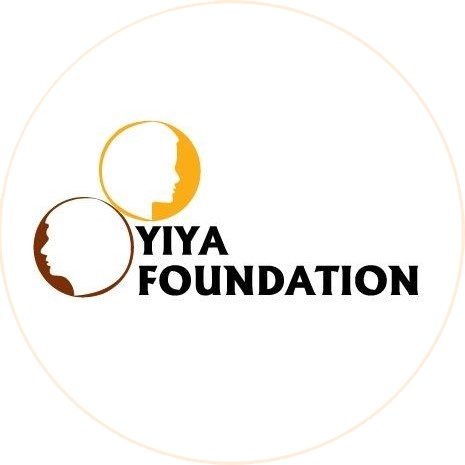Promoting sexual and reproductive health among youth in Uganda is crucial for their well-being and the development of a healthy society. Here are some key recommendations for youth in Uganda regarding sexual and reproductive health:
Comprehensive Sexuality Education (CSE)
Implement and promote comprehensive sexuality education in schools and communities. CSE should provide accurate information on sexual and reproductive health, contraception, sexually transmitted infections (including HIV/AIDS), consent, gender equality, and healthy relationships. It should also address the social and cultural factors that influence sexual behaviors and promote values such as respect, tolerance, and non-discrimination.
Access to Youth-Friendly Services
Ensure that youth have access to youth-friendly sexual and reproductive health services that are affordable, confidential, and non-judgmental. These services should include information, counseling, contraception, STI testing and treatment, and HIV/AIDS prevention. Special attention should be given to reaching marginalized and vulnerable youth, including those in rural areas, with disabilities, or from disadvantaged backgrounds.
Contraceptive Education and Services
Promote the use of contraception among sexually active youth to prevent unintended pregnancies and reduce the risk of STIs. Ensure that youth have access to a range of contraceptive methods, including condoms, oral contraceptives, emergency contraception, and long-acting reversible contraceptives (such as intrauterine devices and implants). Provide accurate information about the benefits, side effects, and correct usage of contraceptives.
HIV/AIDS Prevention and Testing
Increase awareness about HIV/AIDS among youth and promote prevention strategies such as abstinence, condom use, and voluntary counseling and testing. Encourage regular HIV testing among sexually active youth to ensure early detection and access to treatment if needed. Provide information on pre-exposure prophylaxis (PrEP) for those at high risk of HIV infection.
Addressing Gender Inequality and Harmful Norms
Challenge and address harmful gender norms, stereotypes, and unequal power dynamics that contribute to risky sexual behaviors, gender-based violence, and discrimination. Promote gender equality, respect for women’s rights, and consent in relationships. Engage boys and young men as allies in promoting healthy relationships and preventing violence.
Peer Support and Youth Engagement
Encourage peer support networks and youth-led initiatives that promote sexual and reproductive health. Peer education programs can be effective in disseminating accurate information, addressing misconceptions, and creating safe spaces for discussions. Engage young people in the planning, implementation, and evaluation of sexual and reproductive health programs and policies.
Legal and Policy Framework
Strengthen and enforce laws and policies that protect the sexual and reproductive health rights of young people. This includes laws against child marriage, female genital mutilation, and sexual violence. Advocate for the inclusion of youth voices in decision-making processes and ensure that their rights are respected and upheld.
Conclusion
These recommendations aim to empower young people in Uganda to make informed decisions about their sexual and reproductive health, reduce the risk of negative health outcomes, and promote healthy relationships and well-being. It requires collaboration among government, civil society organizations, educational institutions, healthcare providers, and parents to create an enabling environment for youth to access the information and services they need.
